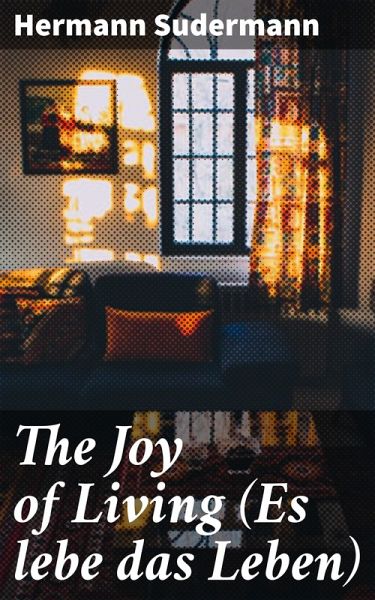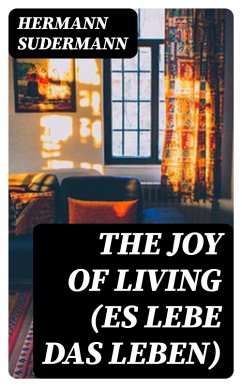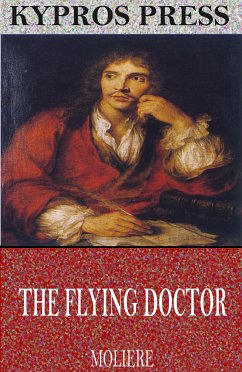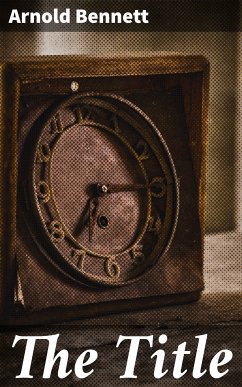
The Joy of Living (Es lebe das Leben) (eBook, ePUB)
A Play in Five Acts
Übersetzer: Wharton, Edith
Versandkostenfrei!
Sofort per Download lieferbar
0,49 €
inkl. MwSt.
Weitere Ausgaben:

PAYBACK Punkte
0 °P sammeln!
In Hermann Sudermann's poignant novel, "The Joy of Living" (Es lebe das Leben), readers are invited into a richly crafted narrative that explores the complexities of human existence and the pursuit of happiness amidst life's inherent struggles. Sudermann employs a blend of realism and psychological depth, masterfully capturing the emotional landscapes of his characters through vivid descriptions and introspective dialogue. Set against the backdrop of early 20th-century European society, the novel reflects the philosophical inquiries of its time, posing significant questions about meaning, ambi...
In Hermann Sudermann's poignant novel, "The Joy of Living" (Es lebe das Leben), readers are invited into a richly crafted narrative that explores the complexities of human existence and the pursuit of happiness amidst life's inherent struggles. Sudermann employs a blend of realism and psychological depth, masterfully capturing the emotional landscapes of his characters through vivid descriptions and introspective dialogue. Set against the backdrop of early 20th-century European society, the novel reflects the philosophical inquiries of its time, posing significant questions about meaning, ambition, and joy amid a rapidly changing world. Hermann Sudermann was a prominent German playwright and novelist, deeply influenced by the socio-political shifts of his era. His experiences with the challenges of industrialization and modernity fueled his exploration of existential themes, leading him to question societal norms and the essence of happiness. Sudermann's literary career was marked by a blend of naturalism and romanticism, and "The Joy of Living" stands as a testament to his artistic evolution, showcasing his ability to weave personal narratives with broader cultural commentary. This novel is a compelling read for those interested in the intersection of individual psychology and social context. Sudermann's nuanced portrayal of his characters invites reflection on one's own desires and challenges, making it a timeless exploration of what it truly means to embrace life. Readers searching for an insightful narrative that balances emotional depth with thought-provoking themes will find a treasure in this work.
Dieser Download kann aus rechtlichen Gründen nur mit Rechnungsadresse in A, B, BG, CY, CZ, D, DK, EW, E, FIN, F, GR, H, IRL, I, LT, L, LR, M, NL, PL, P, R, S, SLO, SK ausgeliefert werden.













